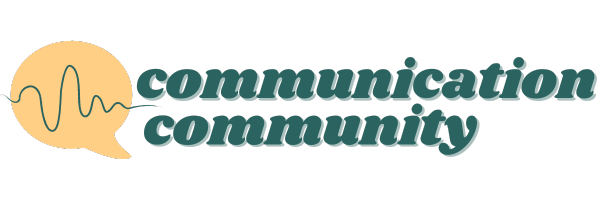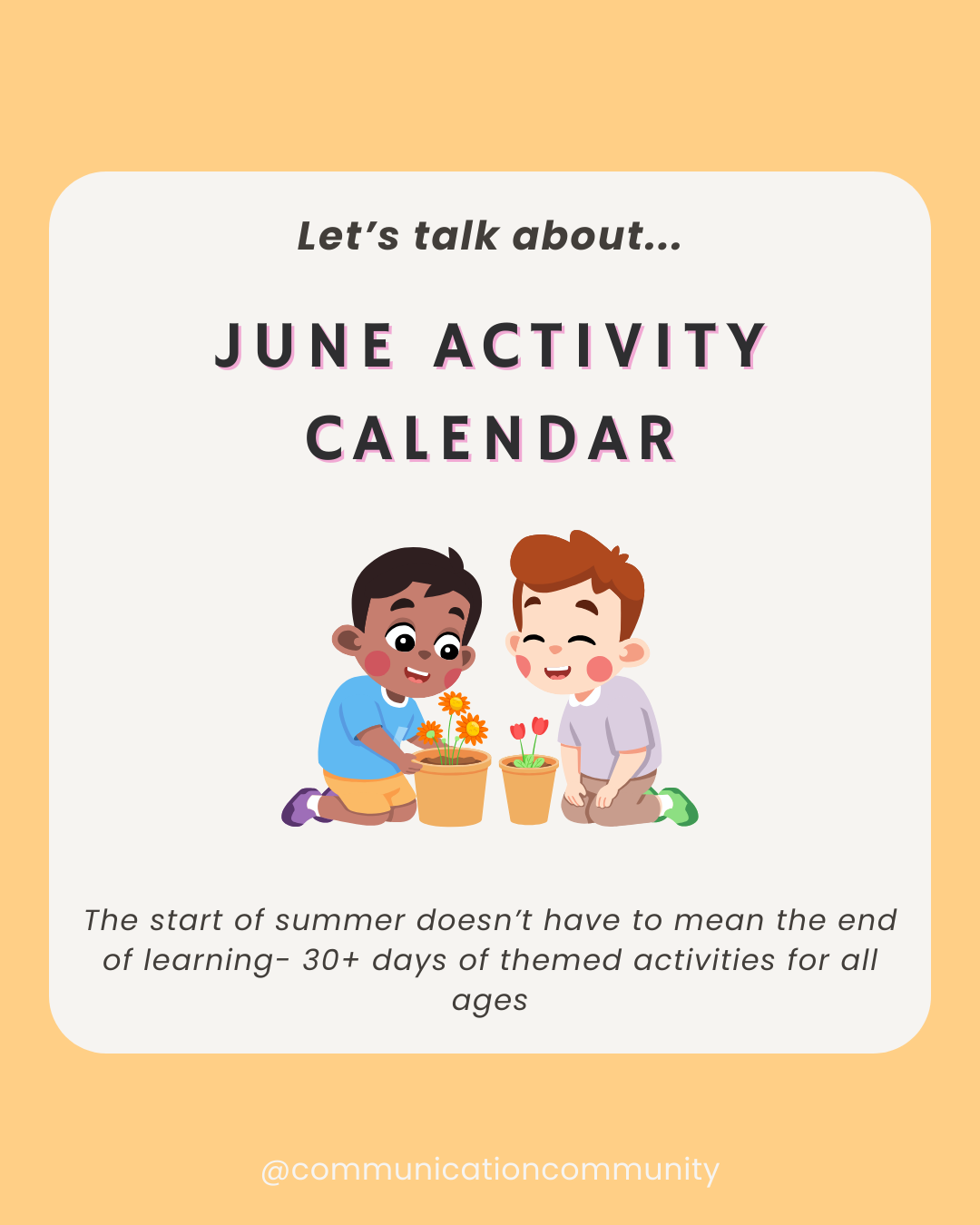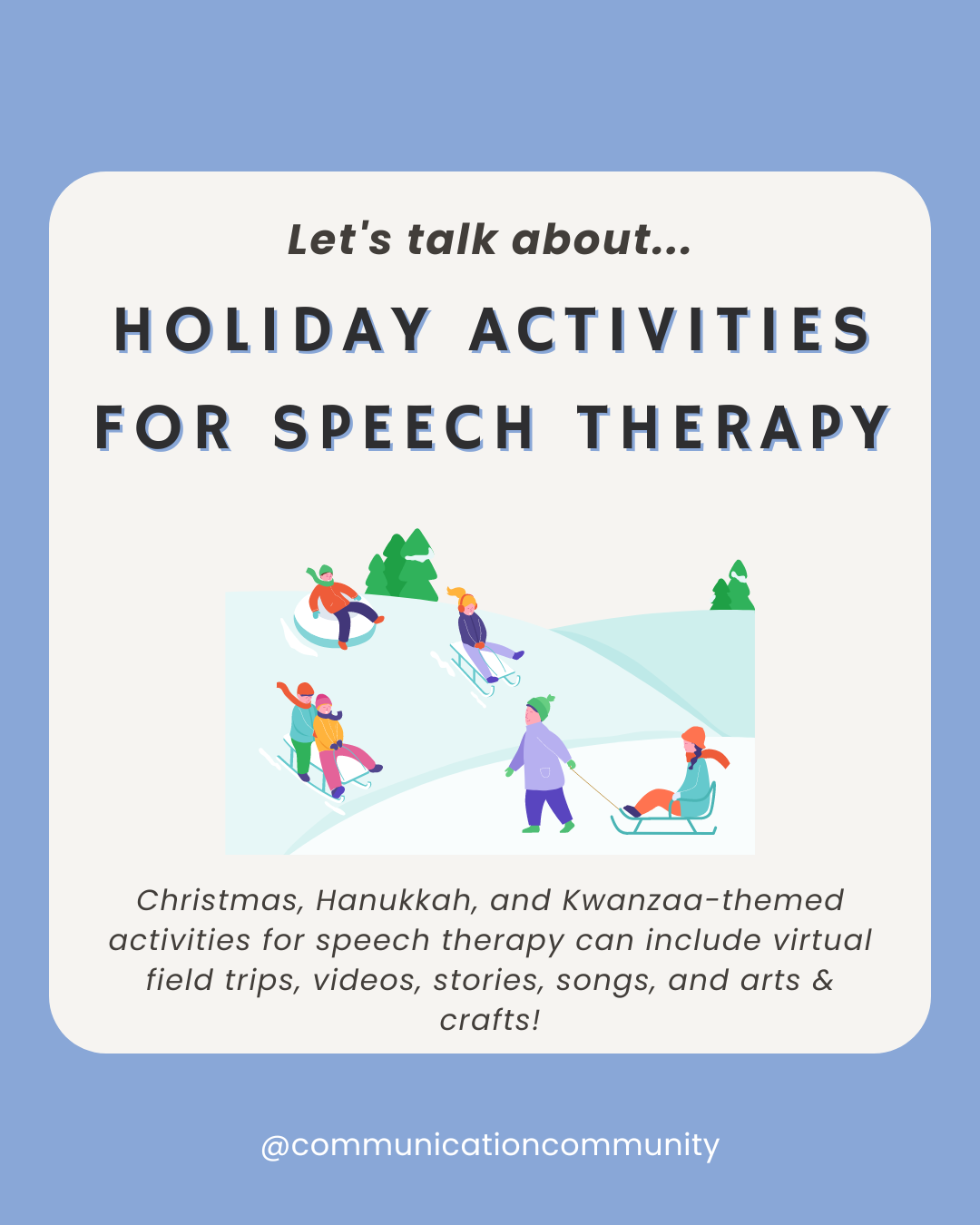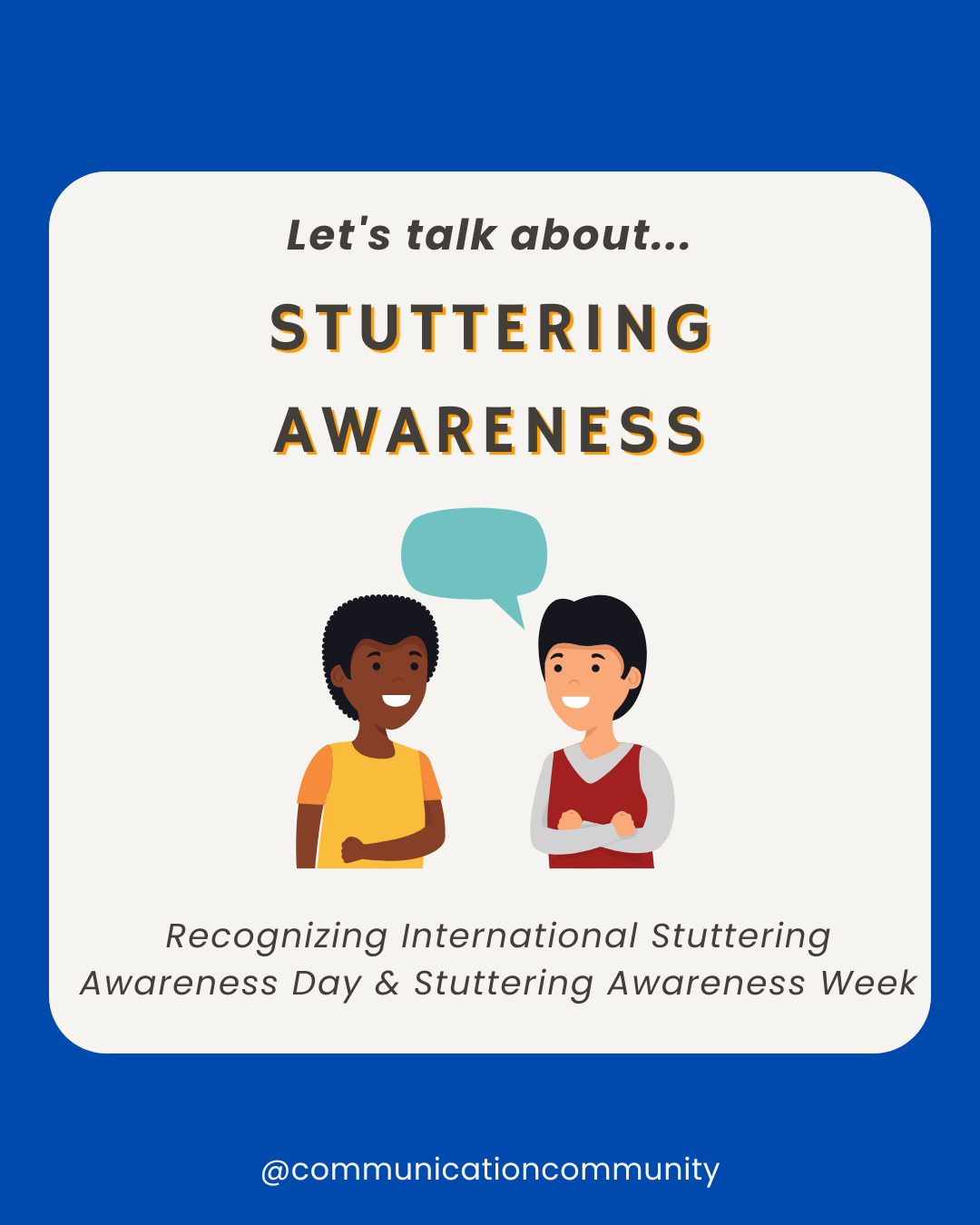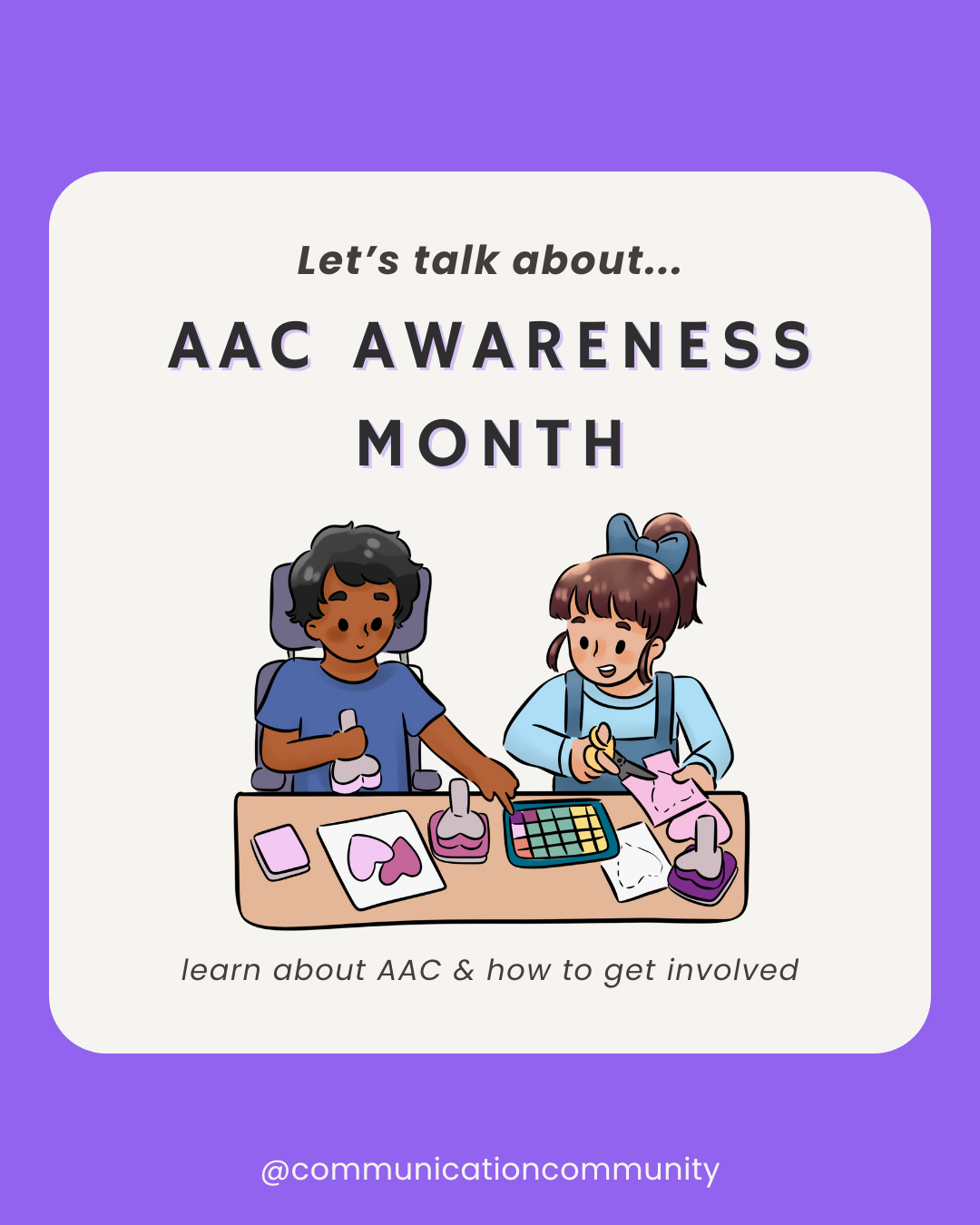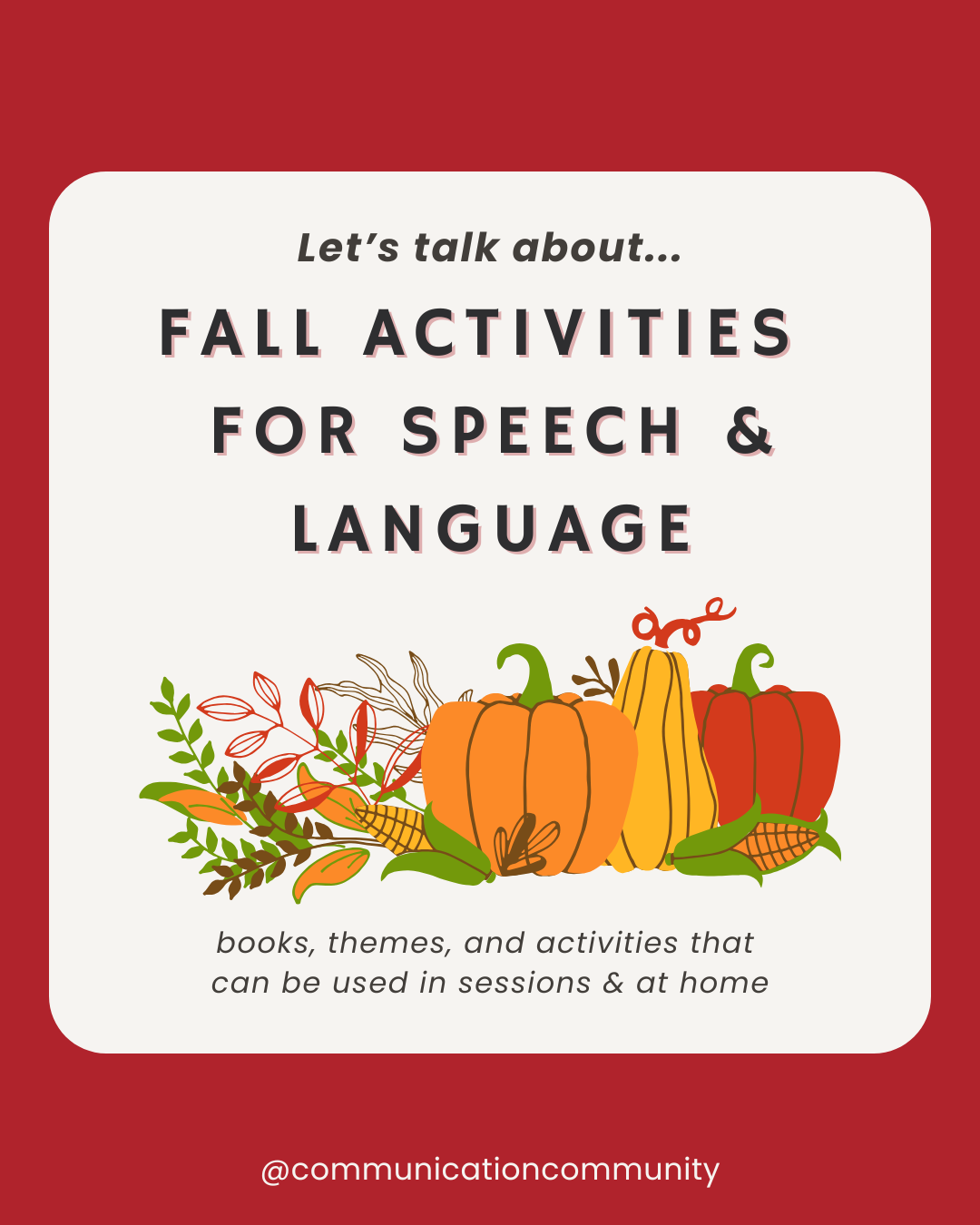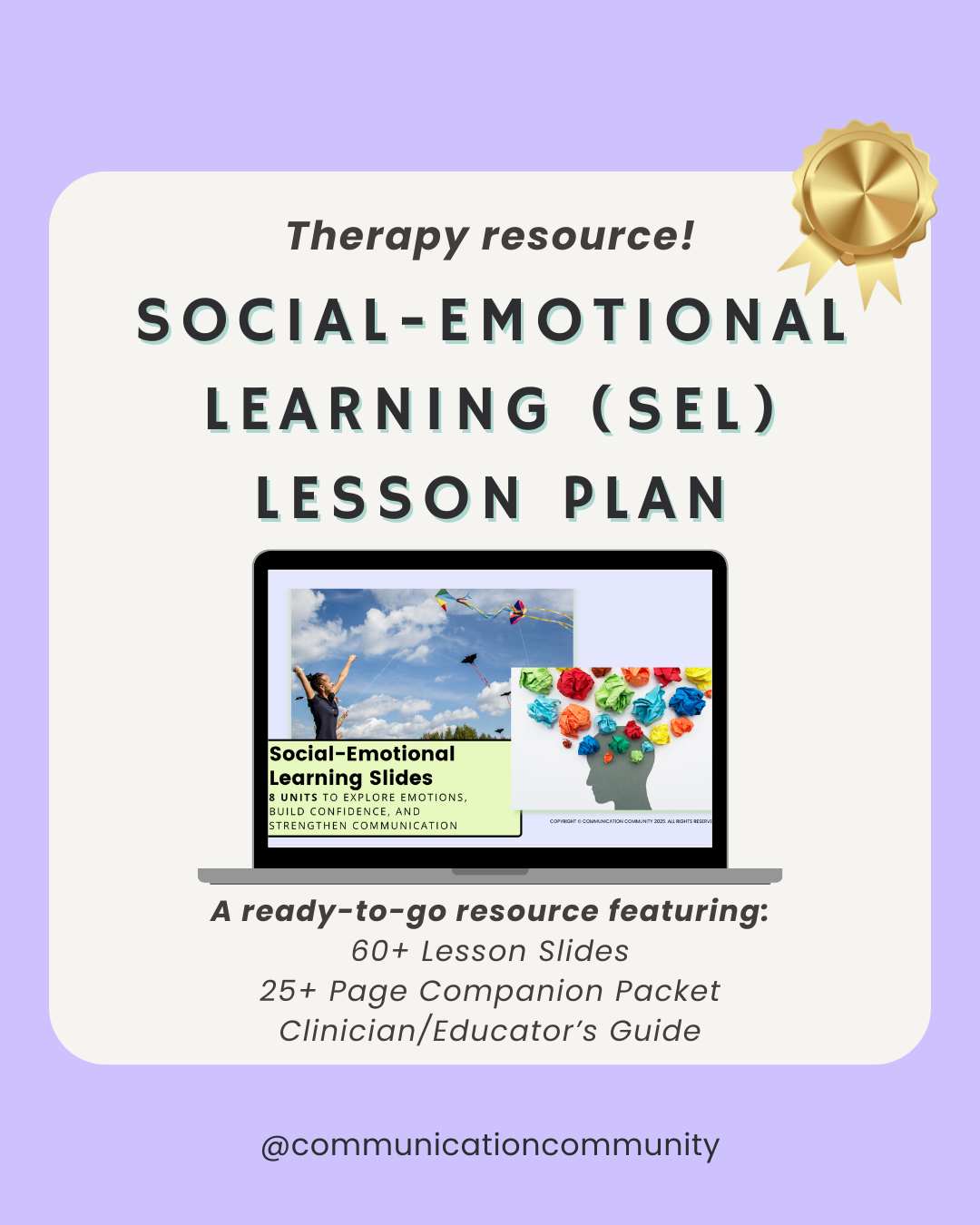Summer's (almost) here and we're ready for it! That being said, summer doesn't have to mean the end of learning.
Summer Activities
There are endless opportunities for targeting speech, language, and communication skills outside of the classroom or therapy room. We created this activity calendar for June to provide semi-structured activities that can be used to target skill development as well. Download it (for FREE) in our Teachers Pay Teachers store!
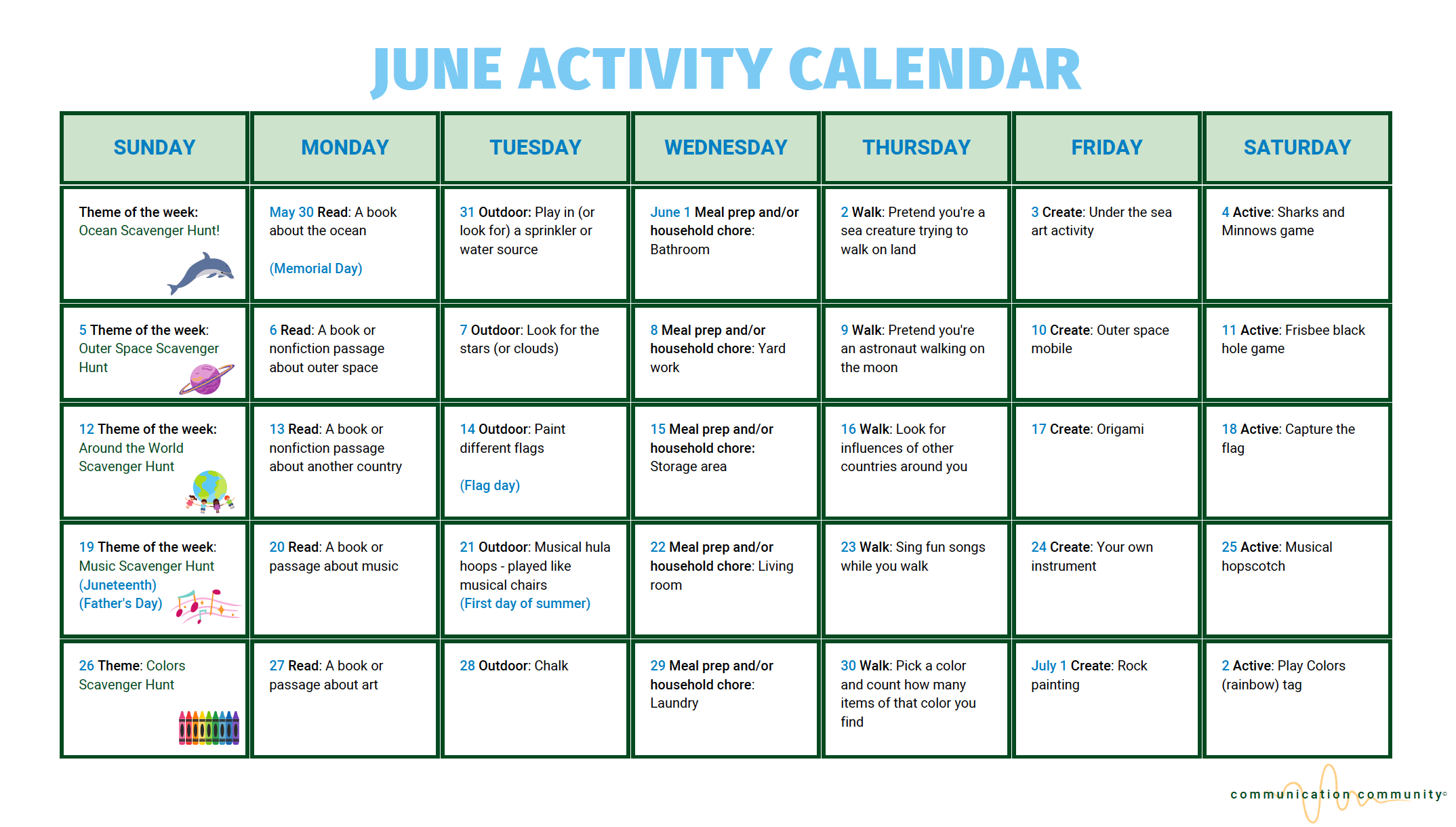
How to Use the Activity Calendar
Themes
There are 5 different themes to represent each week in June! For example, during Ocean Week, you can incorporate water vocabulary into your activities. This may include a scavenger hunt where you can search for ocean animal toys, read a book about the ocean, and play in a sprinkler. You can clean the tub, wash some dishes, pretend you're a sea creature walking on land, and play Sharks and Minnows!
Manageable and flexible activities
Think of this calendar as a guide for your language learning at home without the structure of traditional intervention! If you do not have bubbles, or your loved one does not like to use chalk, you can be flexible and repeat activities or pick a similar one of interest (e.g. use finger paint instead of chalk). On Wednesdays, we have provided options for helping prepare a meal or completing a household chore as we recognize some individuals are NPO or have dietary restrictions where preparing a meal is not the most appropriate activity. You can also modify these activities for different individuals. For example, if you are painting a flag, one individual can paint the outline of the flag and think of a design (more complex), and the other can just paint without a design (more simple). One individual can read some or all the pages in a book, and one individual can point at pictures or turn the page.
Tips for Promoting Speech and Language
Child-centered language intervention using indirect language stimulation techniques is one treatment option for children with language delays or disorders. (Note: this can apply to adults as well.) In basic terms, this means that the individual engages in a preferred activity, and the caregiver uses a few techniques to help facilitate language development. These techniques include discussing vocabulary related to the activity, expanding what the individual says about it, or rephrasing what the individual has said in a different way. Other terms for this type of intervention include person-centered approach or client-centered approach.
Brief examples include:
Individual: “I see bird”
Caregiver: “Yes, I see two blue birds!”
Individual: “Pink chalk, I make flower.”
Caregiver: “You used pink chalk to draw a flower!”
Providing indirect language stimulation opportunities all day can be difficult when you are juggling a million other things to do; we get it. For this reason, we encourage you to use the activity of the day to try to focus on the techniques we mentioned above, and bonus points if you do it more times throughout the day!
Links for activities and materials*:
Books:
Same, same but different (Around the World)
The Day the Crayons Quit (Colors)
Outdoors:
Create:
Active:
*We may make a small commission if you purchase any materials; though all opinions are our own :)



You can download and/or print out the calendar (with bonus language opportunity ideas) for free on our Teachers Pay Teachers page. We are also happy to email it to you - let us know in the comments below or send us an email at hello@communicationcommunity.com
We hope that you find this calendar useful, engaging, and fun. Let us know how you used it, and if you have any ideas for July!
Check out some more of our top resources on Teachers Pay Teachers!


Save $$ and buy them together as a bundle!
